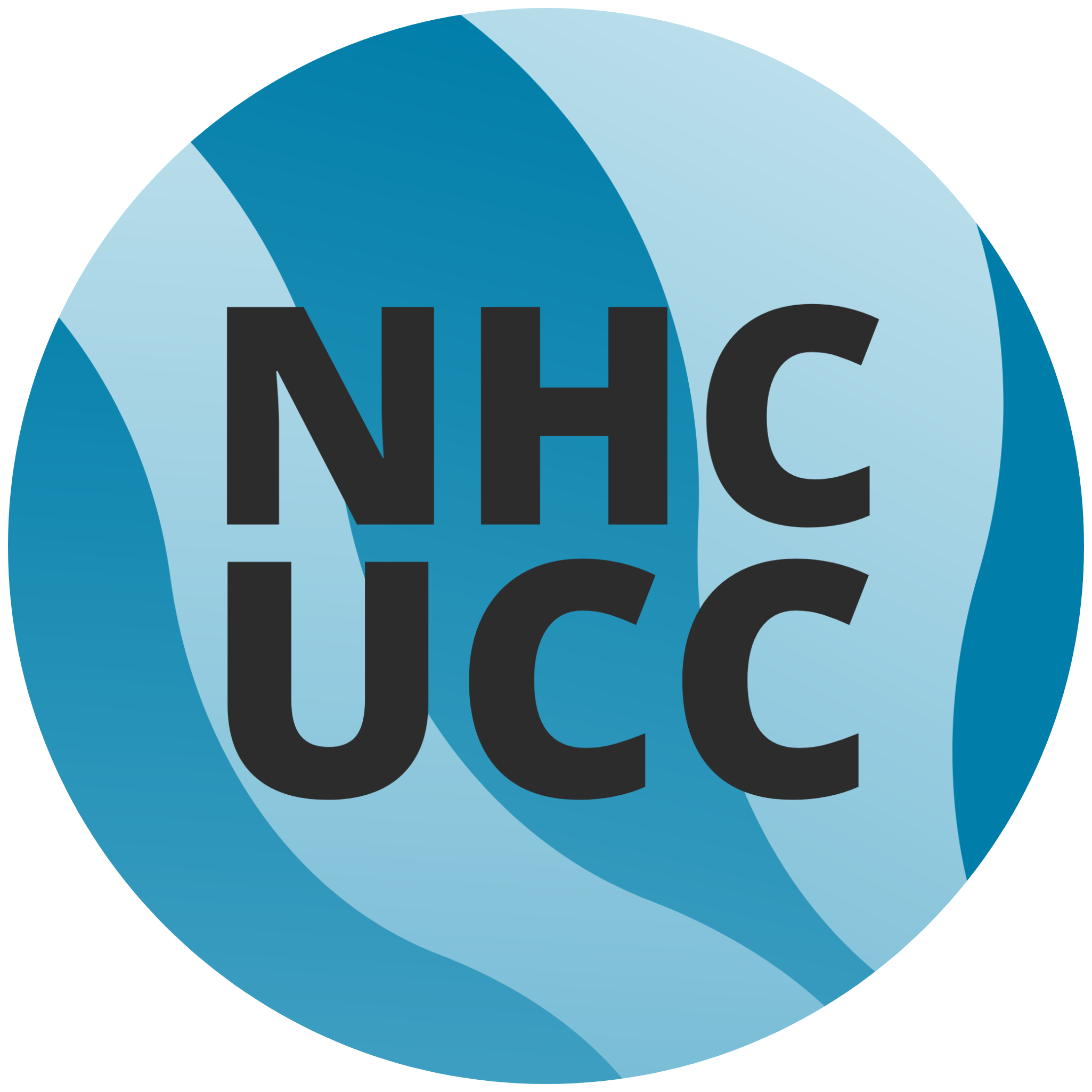Conference Minister Corner | 4/28/2025
- Rev. Gordon Rankin

- Apr 28, 2025
- 2 min read
“No matter who you are, or where you are on life’s journey, you are welcome here.”
This past week I was privileged to join a gathering of 50 or so leaders from across the United Church of Christ. The event was called “A Tent of Our Own”. I don’t know that there is a succinct way to describe what the gather was, so I’ll just say it was an exploration of our authentic, yet diverse identity as the United Church of Christ and how we live that out in the context of our world today.
One of the words that is most frequently used in our UCC churches is the word welcome. But at this gathering, we found ourselves uncertain whether we all have the same definition and use of the word welcome. We spent a good bit of time in small groups drilling down on that word. I wanted to share with you a few things that stuck out to me from our conversations:
Welcome is about so much more than just saying you are invited to come gather with us.
Welcome involves committing to the other that you will do your best to keep them safe and to value you all of who they authentically are as a human being.
Welcome is about more than telling others that you can come be with us as long as you are like us. That is assimilation. Welcome involves stretching ourselves and growing to fully incorporate all of who the others are who are becoming part of our community. If we truly welcome, we cannot stay the same. Welcome inevitably involves change.
If we truly welcome, we are willing to be with the other at all times in their journey. Yes, we are willing to celebrate and share joys with them. But we are also willing to be present with them in their pain. In our gospel last Sunday, Jesus shows Thomas his scars and this ends us renewing Thomas’ faith. When others can share their scars (healed or not) in community with the confidence they will be cared for, then they will know they are welcomed and the faith of the entire community will be renewed.
I came away from this conversation believing that our recitations of welcome may be something we take a little too much for granted in our churches. We ought to do more than that if we truly, authentically mean to practice welcome.
[One of the commitments I left this gathering with was to lead this sort of conversation in at least three other settings before the end of 2025. To that end, I’d certainly be willing to accept invitations from churches to come and facilitate this type of conversation with you.]
Gordon
